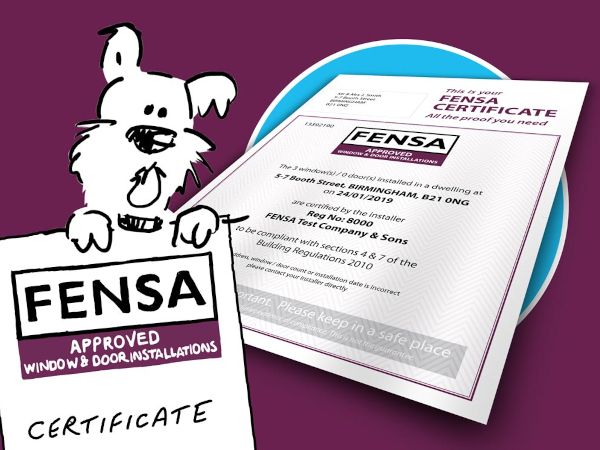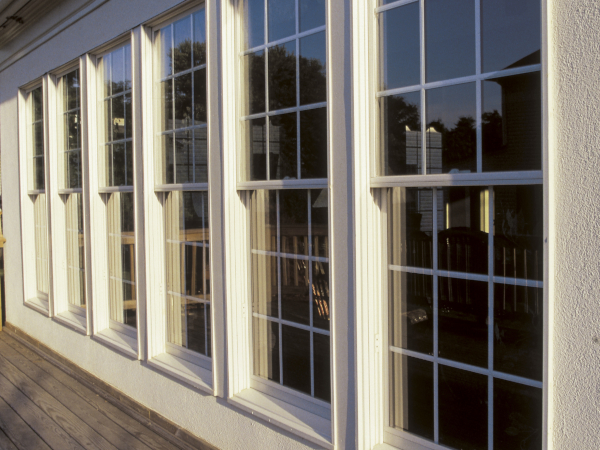
Date: 12 November 2025
FENSA, the government-authorised competent person scheme for replacement windows and doors, has issued a stark warning to the home improvement and property sectors about its reliance on indemnity policies where no FENSA certificate exists.
FENSA certificates, issued only by approved installers, confirm that replacement windows and doors meet current Building Regulations and are properly registered with local authorities – protecting both consumers and property professionals.
However, when a FENSA certificate is missing, indemnity insurance is often used as a quick fix during property sales to reassure buyers and lenders.
But according to FENSA, these policies do nothing to confirm that installations meet regulations or safety standards: they simply offer limited financial cover if the local authority later takes enforcement action.
“Indemnity policies might appear to solve the problem, but they don’t fix the cause,” says Sam Davies, FENSA Technical Manager. “They give a false sense of security - they don’t verify whether the work is safe, they don’t validate important factors like energy efficiency, and they certainly don’t protect the homeowner from enforcement.”
Without a valid FENSA certificate - or an equivalent building control certificate - homeowners could be sitting on installations that are unsafe, inefficient, or even illegal.
And the implications reach beyond individual properties; as the drive for energy efficiency intensifies, homes with uncertified installations risk failing to meet energy standards – potentially affecting property values and saleability. In some cases, local authorities can even demand costly remedial work or reinstallation to achieve compliance.
This issue, says Sam, is already surfacing across the UK housing market, as more buyers question the legitimacy of uncertified installations.
“A missing certificate isn’t just a paperwork issue; it’s potentially a criminal offence. If installations aren’t notified to local authorities or a competent person scheme like FENSA, homeowners can face fines or costly remedial work. It’s a hidden risk that could explode years later when the property is attempted to be sold.”
FENSA is urging installers to make certification a cornerstone of their service offering, highlighting that membership not only ensures compliance but also demonstrates professionalism and consumer confidence.
“There’s a dangerous complacency in the market right now”, Sam concludes. “People think indemnity cover is enough. It isn’t. The industry must take responsibility, and homeowners must insist on certification. Because if and when something goes badly wrong, an indemnity policy won’t protect anyone.”
For more information about FENSA and how it can support your business’ growth, please visit www.fensa.org.uk or call 020 7645 3700.
 600450
600450







Add new comment